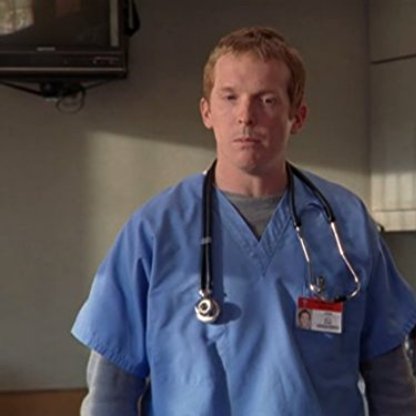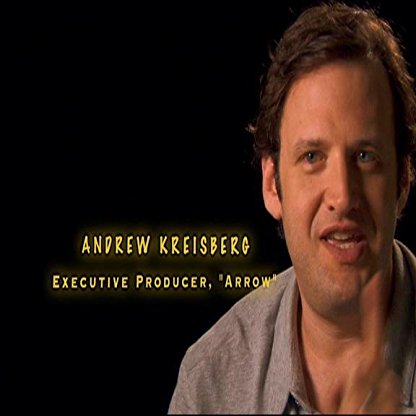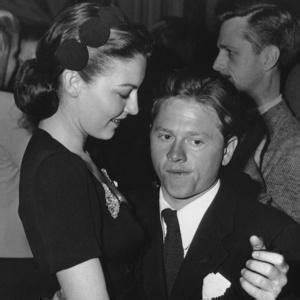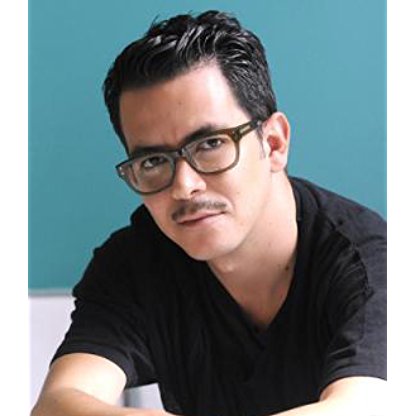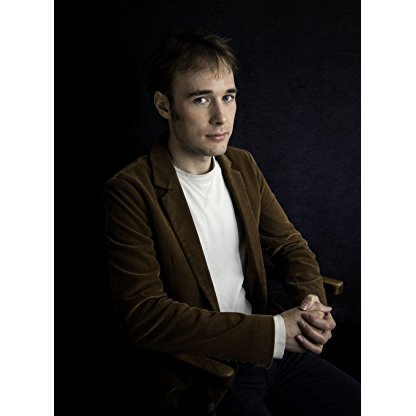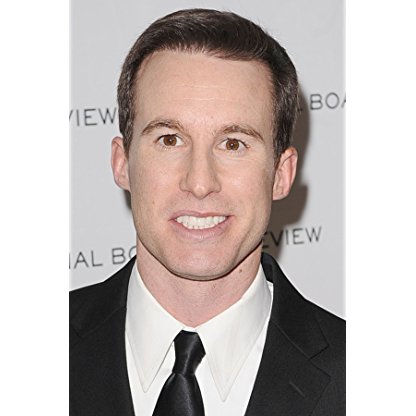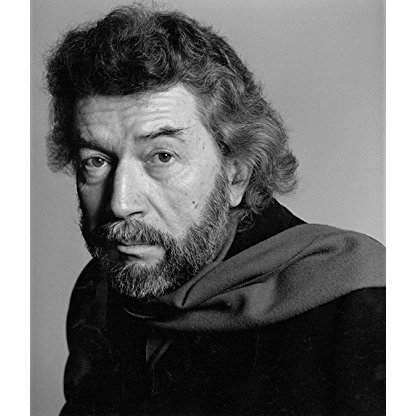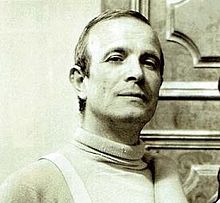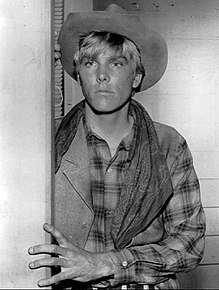In 2012, eight years after his previous film, Kaufman directed an HBO biopic about Ernest Hemingway and his relationship with Martha Gellhorn entitled Hemingway & Gellhorn. It starred Clive Owen and Nicole Kidman. The film had been planned for many years, but languished as a project so he could care for Rose, who was fighting cancer. Kidman read the script and told him, "I want to do it...no matter how long it takes. I'm in." The film was nominated for 15 Primetime Emmy Awards, including one for Kaufman for Outstanding Directing for a Miniseries, Movie, or Dramatic Special.
